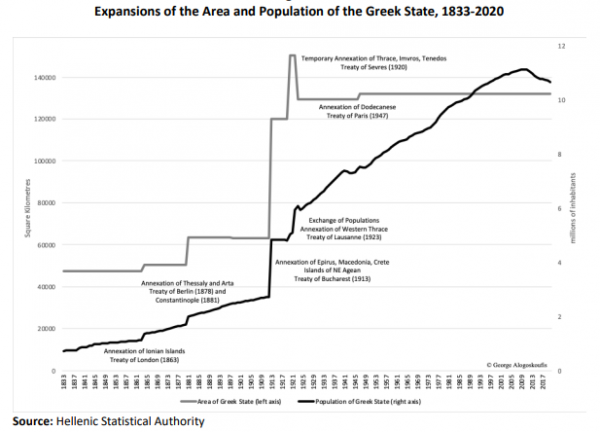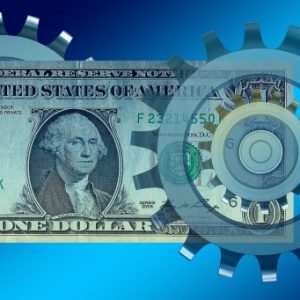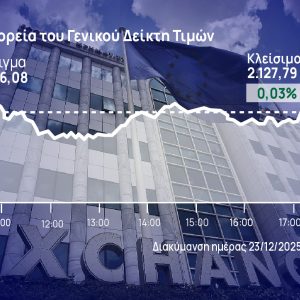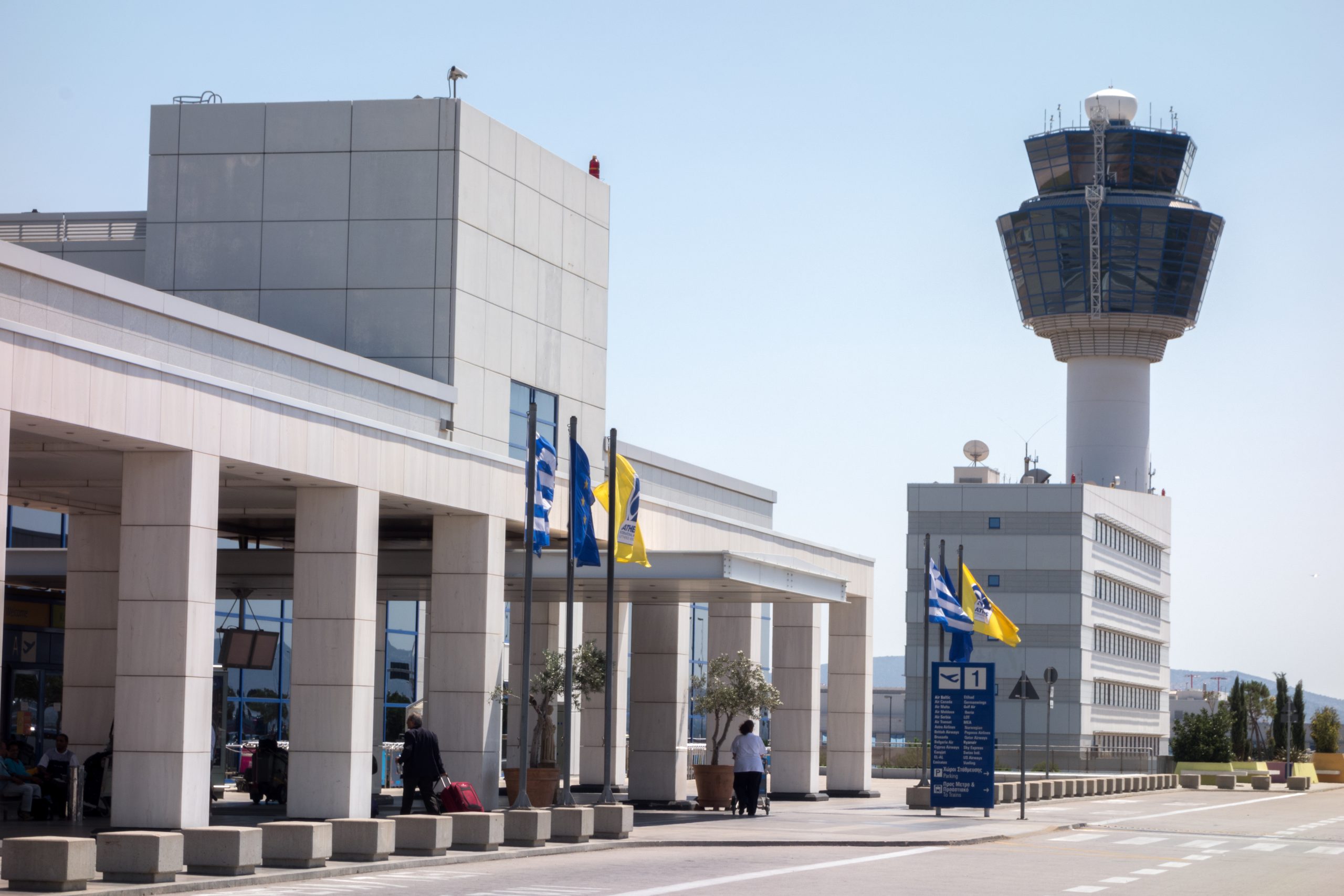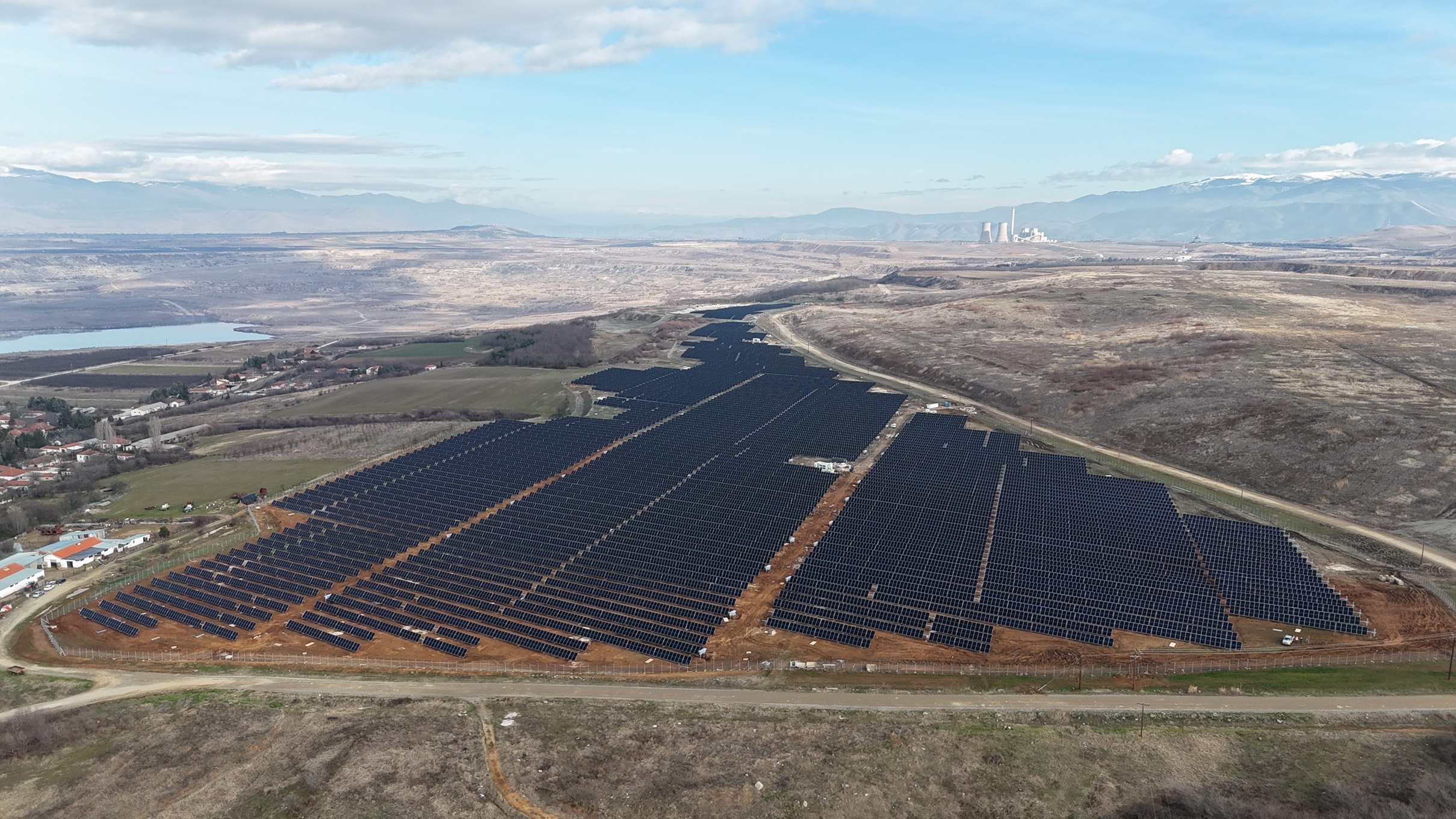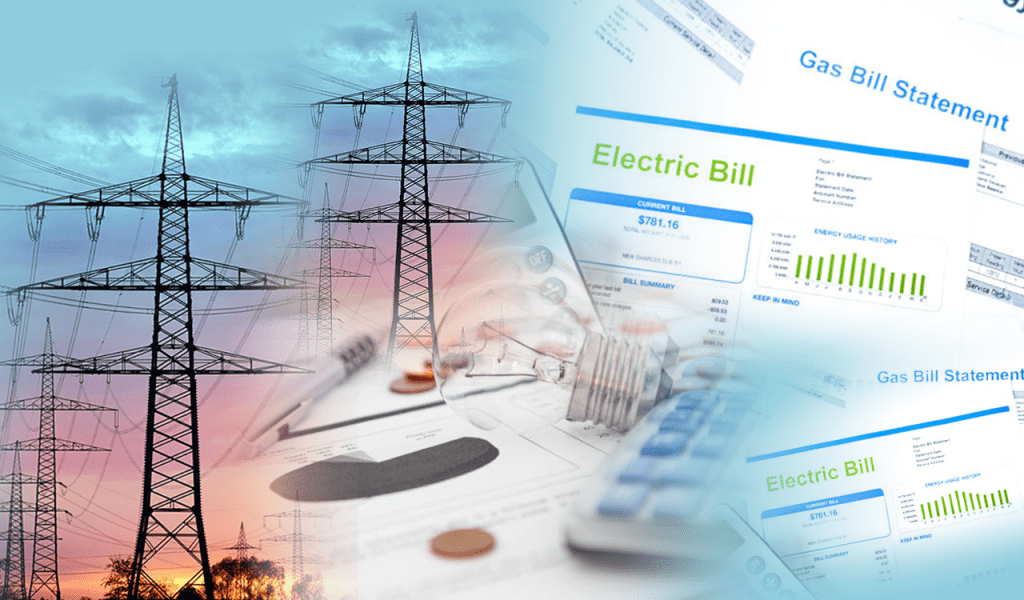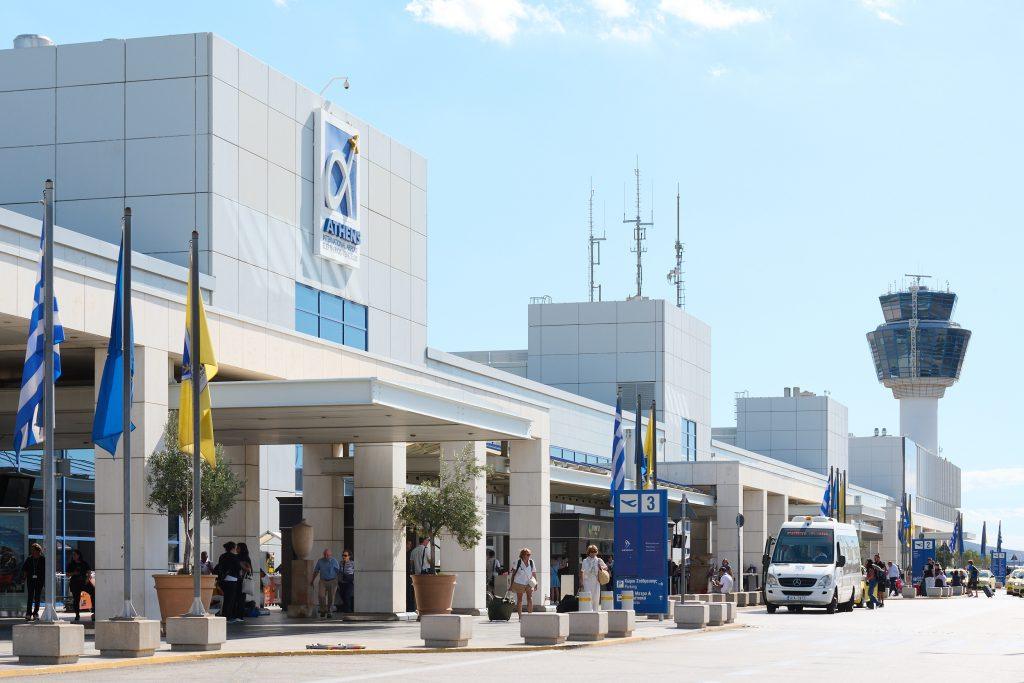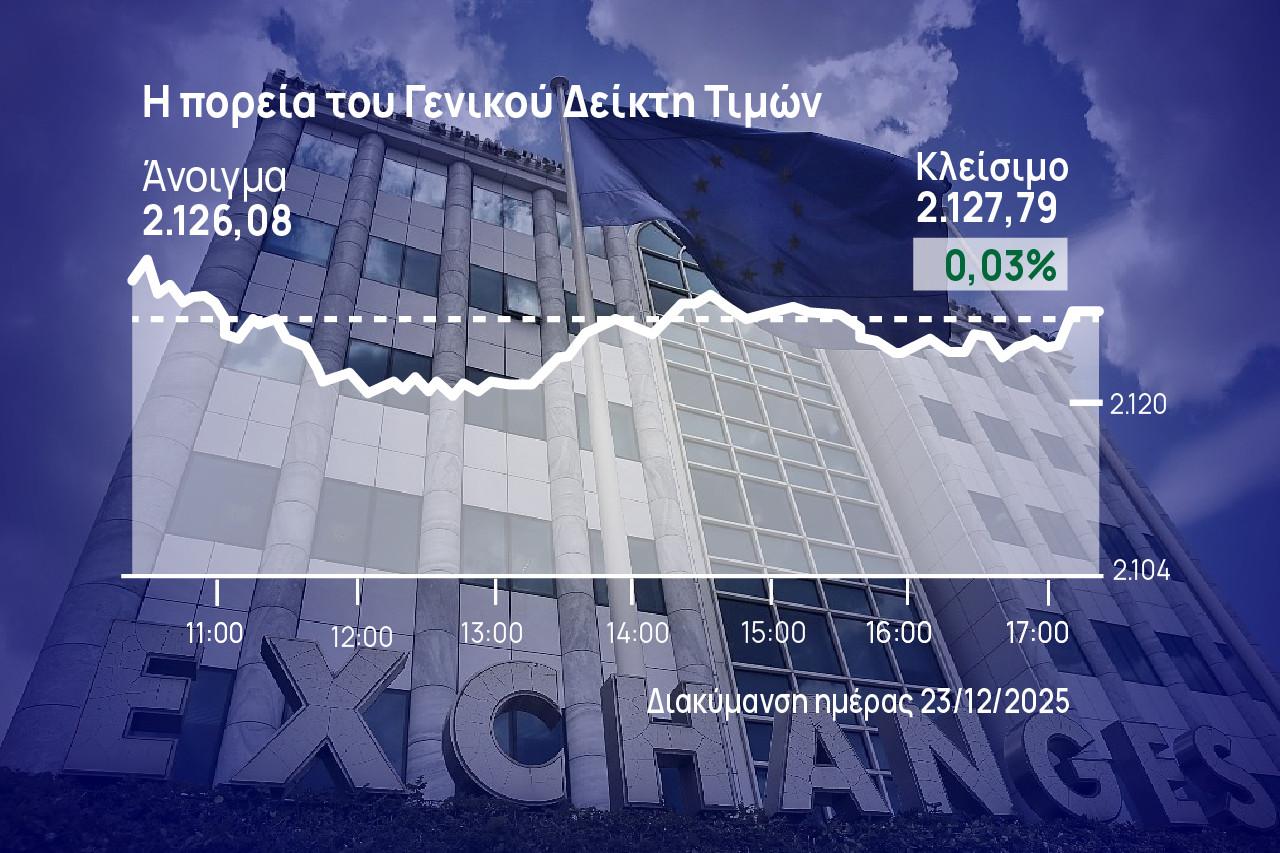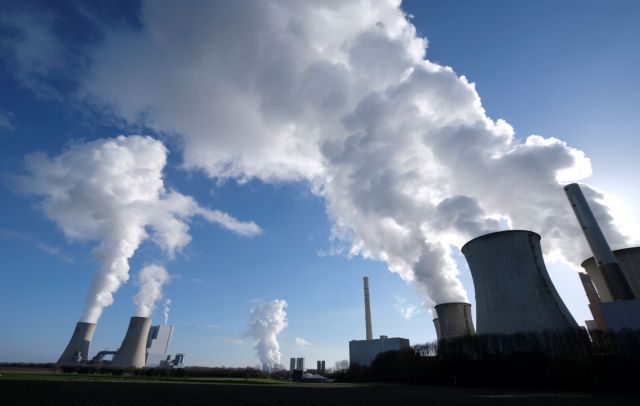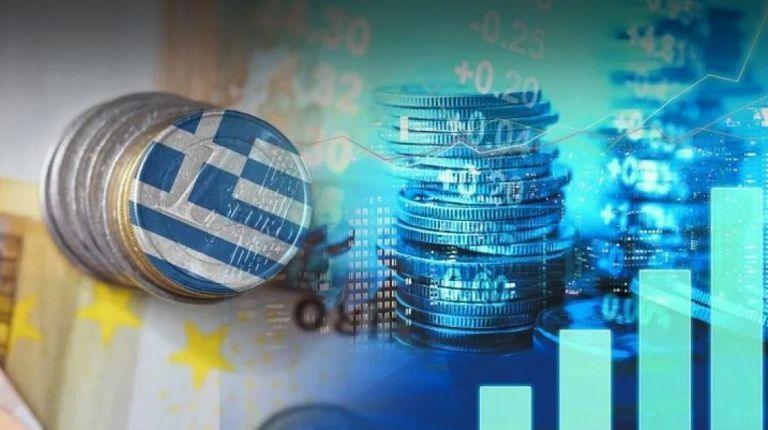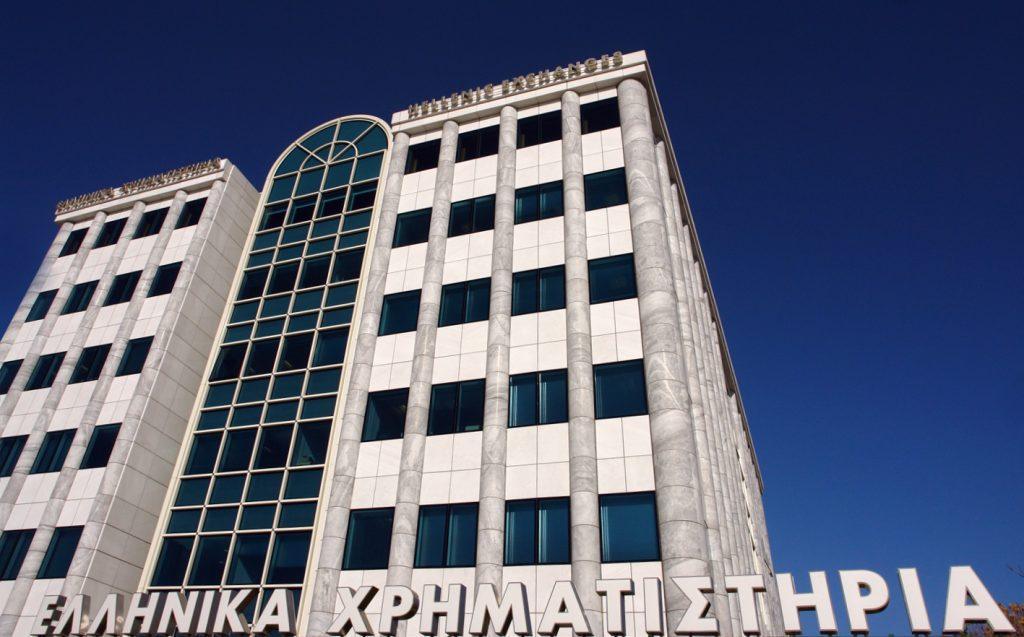The economy of modern Greece has a history of about two centuries. During these two hundred years, the country and the economy have really transformed.
Greece managed to almost triple its national territory, compared to the first Greek state, to increase its population by almost 15 times and to increase the real per capita GDP by another 15 times.
It has managed to move from the periphery of south-eastern Europe to the core of today’s developed European Union.
This was done neither linearly nor automatically. A first overview of the developments of the Greek economy in the long run, based on the evolution of the real per capita GDP of Greece from 1833 until today, constitutes the existence of three large distinct historical cycles.
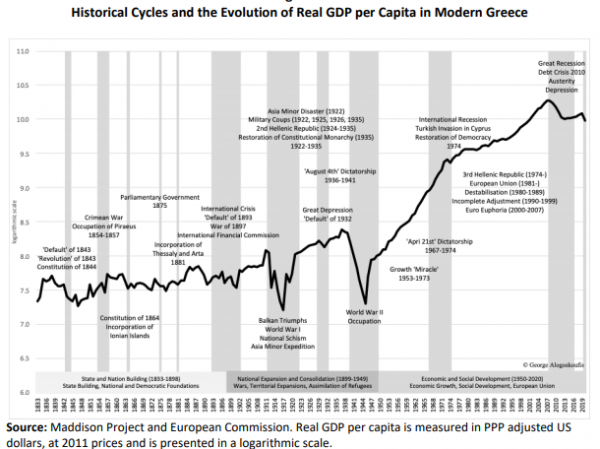
The first historical cycle
The first historical cycle covers the period from the struggle for independence and the founding of the Greek state to the imposition of the International Financial Control in 1898.
This cycle has three central achievements:
1. The creation and formation of the first Greek state,
2. the consolidation of national consciousness and the adoption of the “Megali Idea” (Grand Idea), and,
3. the gradual establishment of constitutional and democratic institutions.
The development of the economy during this period was rather disappointing. Economic stagnation, fiscal instability and three national “bankruptcies”. The economy was second only to other national aspirations.
The second historical cycle
The second historical cycle includes the first half of the 20th century, from economic stabilization after the imposition of International Financial Control in 1898, to the end of the civil war in 1949.
The main achievement of this cycle is the implementation of a large part of the “Grand Idea”, with the great territorial and population expansion of the Greek state and the stabilization of its borders. Elsewhere, great political and economic instability prevailed due to the almost constant war and civil strife, but also because of the social upheavals and transformations that took place during the integration of the new populations and refugees.
The third historical cycle
The third historical cycle begins after the end of the civil war in 1949 and continues to this day.
Its three main achievements are:
1. the developmental “miracle” of the period 1953-1973,
2. the democratic “miracle” of the period 1974-2020, after the restoration of democracy in 1974 and national reconciliation, and,
3. Greece’s accession to the European Union in 1981 and the gradual adoption of its institutions and policies.
Its negative features include the dictatorship of 1967 and the great economic slowdown after accession to the European Union.
The optimistic message
This brief overview, which summarizes a larger ongoing research on the Greek economy, ultimately contains an optimistic message: Despite its difficulties and weaknesses, the alternation of national triumphs with national catastrophes, wars and civil strife, and economic crises, in each of these three historical cycles Greece took advantage of its potential and geopolitical circumstances to achieve its national goals.
What is needed for the future is to improve the level of prosperity that was secured during its third historic cycle, through reforms that will protect democracy, improve the economy, and shield its membership in the European Union.
George Alogoskoufis is Professor and President of the Department of Economics at the Athens University of Economics and Business and Research Partner of the Hellenic Observatory of the London School of Economics and Political Science.
This article summarizes the conclusions of his work, Historical Cycles of the Greek Economy: From 1821 to the Present, GreeSE Paper no. 158, Hellenic Observatory, London School of Economics and Political Science.


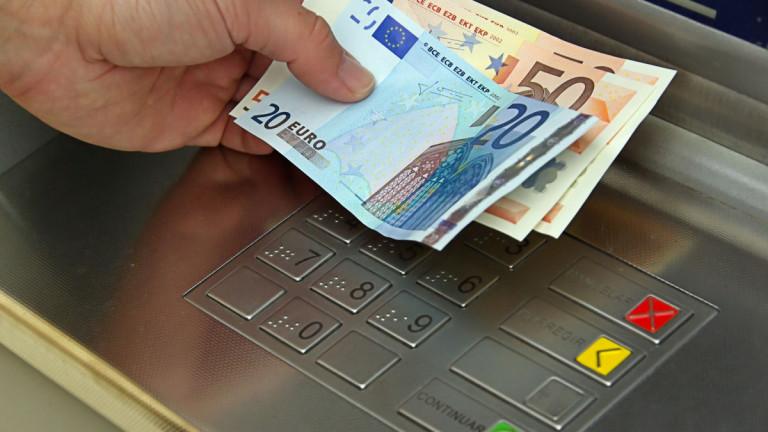

![Ψηφιακά στοιχεία διακίνησης αποθεμάτων [19ο Μέρος]](https://www.ot.gr/wp-content/uploads/2025/09/tax-468440_1280.jpg)

